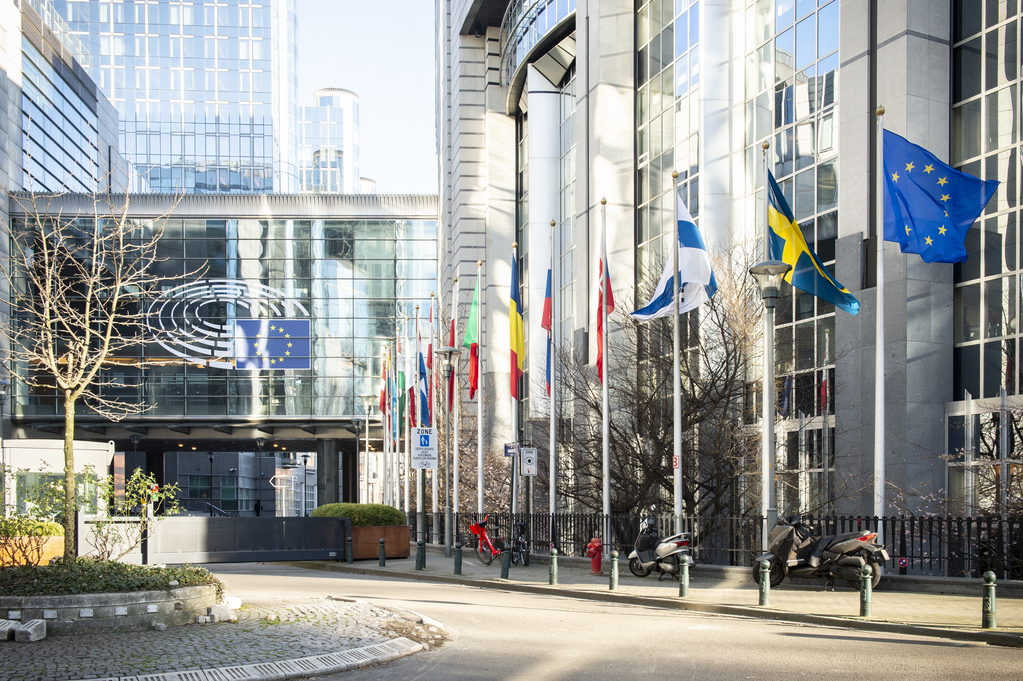Huge majority despite concerns from the Liberal Group
Young generation would benefit twice / Less debt and incentives for climate-friendly behaviour / Cuts in research and health must be reversed
An overwhelming majority of the European Parliament is in favour of financing the 750 billion euro European for the recovery plan from the European Union's own resources. In a resolution prepared by all pro-European parties, it reads: "intends to negotiate a legally binding calendar to be agreed by the budgetary authority for the subsequent introduction of additional new own resources in the course of the first half of the next MFF, such as the Emissions Trading System (and its revenues raised by any future enlargement); a Carbon Border Adjustment Mechanism, the digital tax, the Financial Transaction Tax ...“. Requests for a split vote from the Liberal Group to remove this passage from the resolution failed to secure a majority.
The MEP and environmental and health spokesperson of the largest group in the European Parliament (EPP/Christian Democrats) Peter Liese said: "The 750 billion euros that are now being hailed as a major step forward for Europe are necessary to mitigate the economic consequences of the Corona crisis, but they are first of all a huge of debt for the next generation and there is no realistic repayment plan without the European Union's own resources. If we extend emissions trading, for example to shipping, road transport and the building sector, there will be funds available to repay the debt and, furthermore, we would then be acting in the interests of the younger generation, because climate-friendly economic activity would be rewarded. I think it is important that the next generation should inherit not only a pile of debt, but also a modern, climate-friendly infrastructure. Digital taxation is also overdue. During the crisis, companies like Amazon have earned a lot of money, while the retail sector has its back to the wall. The fact that retailers pay taxes, but Amazon practically didn't before the crisis due to tax avoidance models, was already a scandal before the crisis, and that needs to be changed urgently”. Liese saw it as a very important signal that the European Parliament is united on this issue and also on the overall assessment of the multiannual financial framework and the reconstruction plan. "In recent months there has been a dangerous division and dangerous confrontations in the European Parliament. The Council has now challenged us and it is good that we are united. We massively reject the cuts in the areas of health, research and youth and education and will fight hard to ensure that Europe does not make savings at the expense of the future," concluded Liese.


